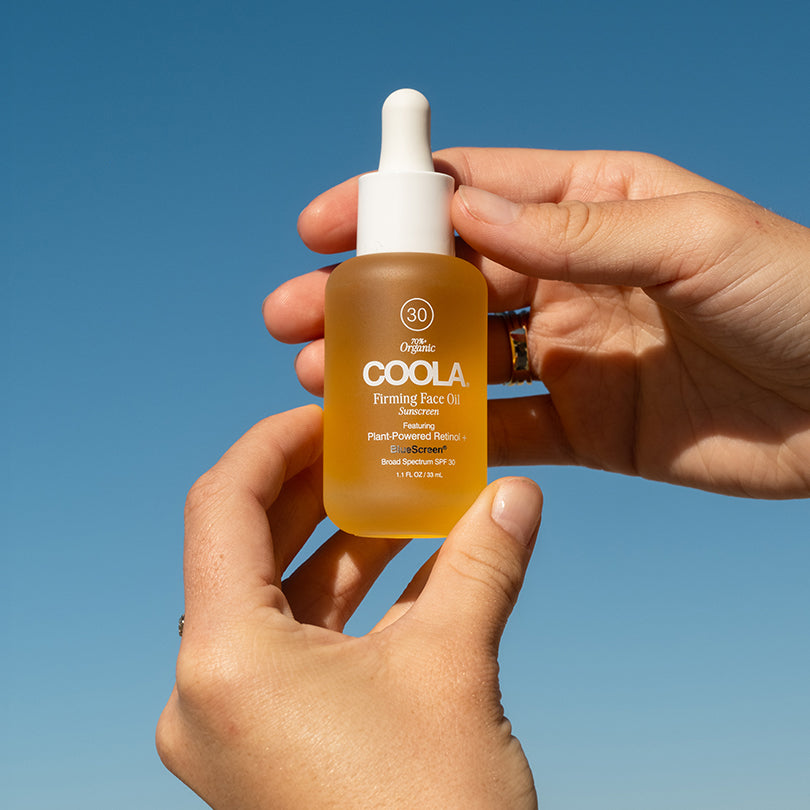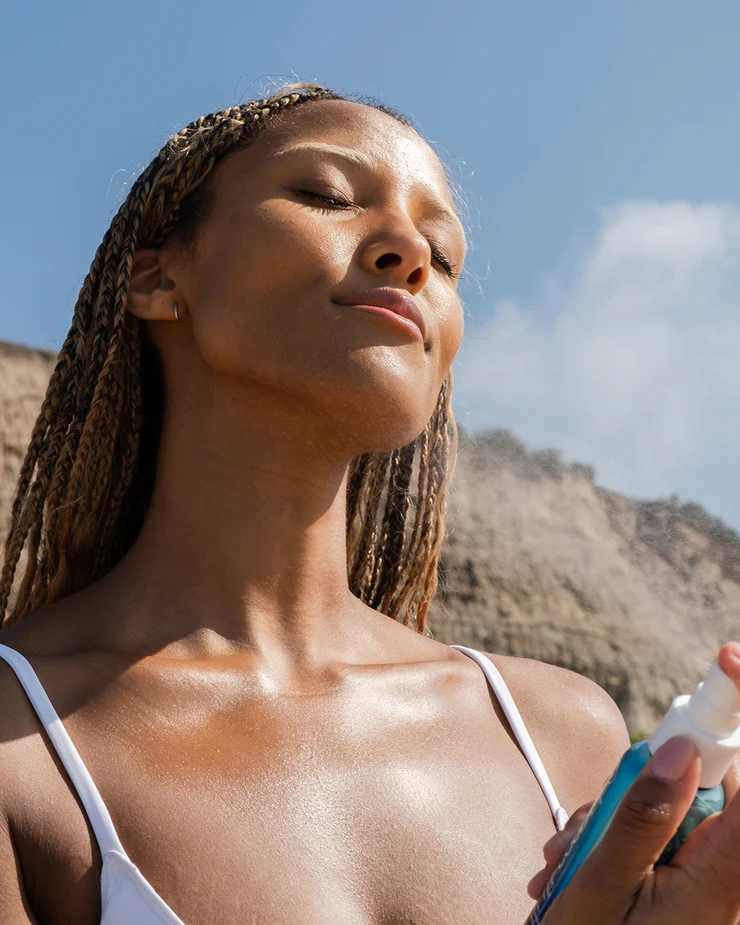We’re sure you’ve heard of the benefits of probiotics for gut health and balancing the digestive system, but did you know probiotics can work wonders for your skin? That's right – probiotics-enhanced skincare can help improve hydration, texture, and overall skin health.
Whether you're looking to tackle dryness or achieve that coveted healthy glow, probiotics might be the secret ingredient you need. Keep reading to discover the potential benefits of probiotics for your skin – trust us, your skin will thank you!
What Are Probiotics?
Before exploring the benefits of probiotics, let’s first explain what they are. Probiotics are live microorganisms and bacterium that are commonly found in fermented foods like yogurt, kefir, sauerkraut, or kimchi. They can also be found in supplement form, or applied topically via serums and lotions. Recent studies suggest that probiotics can help balance what is referred to as the gut microbiome, which is crucial for promoting digestion and good health.
Why Are Probiotics Important for the Body?
The gut microbiome encompasses the various types of bacteria that live in your digestive tract. When factors like unhealthy eating habits and stress throw off the delicate balance of the microbiome, this can lead to digestive issues and other health problems.
Fortunately, you can take probiotics to help restore the balance of "good" and "bad" bacteria in your gut. In fact, probiotics have been shown to reduce inflammation, enhance digestion, strengthen the immune system, and support general well-being.
But before you take probiotics, it's important to note that they can have different benefits depending on their bacterial strain. If you’re considering supplementing with a probiotic, be sure to discuss it with your healthcare provider to ensure your specific health needs are met.
How do Probiotics Benefit the Skin?
By now, you understand how probiotics can benefit your digestive system – but what does this mean for your skin?
When it comes to protecting the skin, environmental aggressors such as pollution, UV radiation, and harsh weather conditions can easily disrupt the skin's microbiome. An imbalanced microbiome can lead to various skin concerns, from acne to eczema and rosacea.
Therefore, protecting the skin from environmental aggressors is essential for maintaining a healthy microbiome and promoting overall skin health. You can do so by wearing protective clothing (like a hat), applying organic facial sunscreen regularly, and using skincare products specifically formulated to protect against environmental damage. Here are some of the known benefits of probiotics for the skin:
- Improved Skin Texture: Probiotics can help to improve the overall texture of the skin, making it appear smoother and softer.
- Reduced Redness and Irritation: Probiotics have been found to reduce redness and irritation, helping to calm sensitive skin.
- Balanced pH Levels: Probiotics can help maintain a balanced pH level on the skin, reducing the likelihood of breakouts.
- Anti-Aging: Probiotics can help reduce signs of aging, such as wrinkles and fine lines, by promoting cell regeneration and collagen production.
- Boosted Hydration: Probiotics help the skin retain moisture, helping to keep it hydrated and plump.
Keep in mind that serums, cleansers, and creams containing probiotics must be carefully formulated to maximise their efficacy and protect them from deteriorating, since probiotic lysates and ferments are known to be fragile. These skincare products typically do not contain live cultures, as many undergo a unique heat-treatment process to maintain their benefits.
You might also consider pairing your probiotic skincare with an oral probiotic supplement to improve results- but as always, be sure to consult your healthcare provider on the best course of action.
Which Types of Probiotics are Best for the Skin?
As mentioned, it’s important to consider that not all probiotic strains are created equal. There are certain types of probiotics that are especially beneficial for the skin:
- Lactobacillus is a type of lactic acid-producing bacteria that helps to keep the pH levels of your skin in balance.
- Bifidobacterium is a type of bacteria that can improve skin barrier function, which helps to protect the skin from environmental stressors.
- Vitreoscilla is a probiotic strain that helps to reduce inflammation in the skin, thus improving its overall appearance.
Ultimately, the efficacy of probiotic technology will depend on a variety of factors, namely your specific skin concerns and skin type. That’s why it’s important to consult with a dermatologist or skincare professional to determine the best approach for your skin health.

How to Take Advantage of Probiotics in Skincare
From cleansers to moisturisers, incorporating probiotics into your skincare routine is an easy and effective way to help protect the health of your skin's microbiome. Look for products that offer clinically-proven results, like COOLA’s Dew Good Illuminating Serum, which contains Probiotic Technology. With broad-spectrum SPF 30 to protect from harmful UV rays, this glowy serum offers sun protection and a radiant glow all in one, making it perfect to layer under makeup.
Without protection from the sun's UV rays, you run the risk of damaging your skin and accelerating signs of aging, discolouration, or even skin cancer. No matter the weather, wearing daily SPF should be non-negotiable, whether you opt for a hydrating hyaluronic acid face cream or a classic SPF 50 face sunscreen. Don't forget your lips as well (yes, your lips can get sunburnt).
The bottom line? By incorporating probiotics into your routine, you can help balance your skin’s microbiome, protect against environmental stressors, and support your skin’s moisture barrier for glowy, radiant-looking skin. For high-quality, organic products that support healthy skin, shop clean beauty at Coola.




